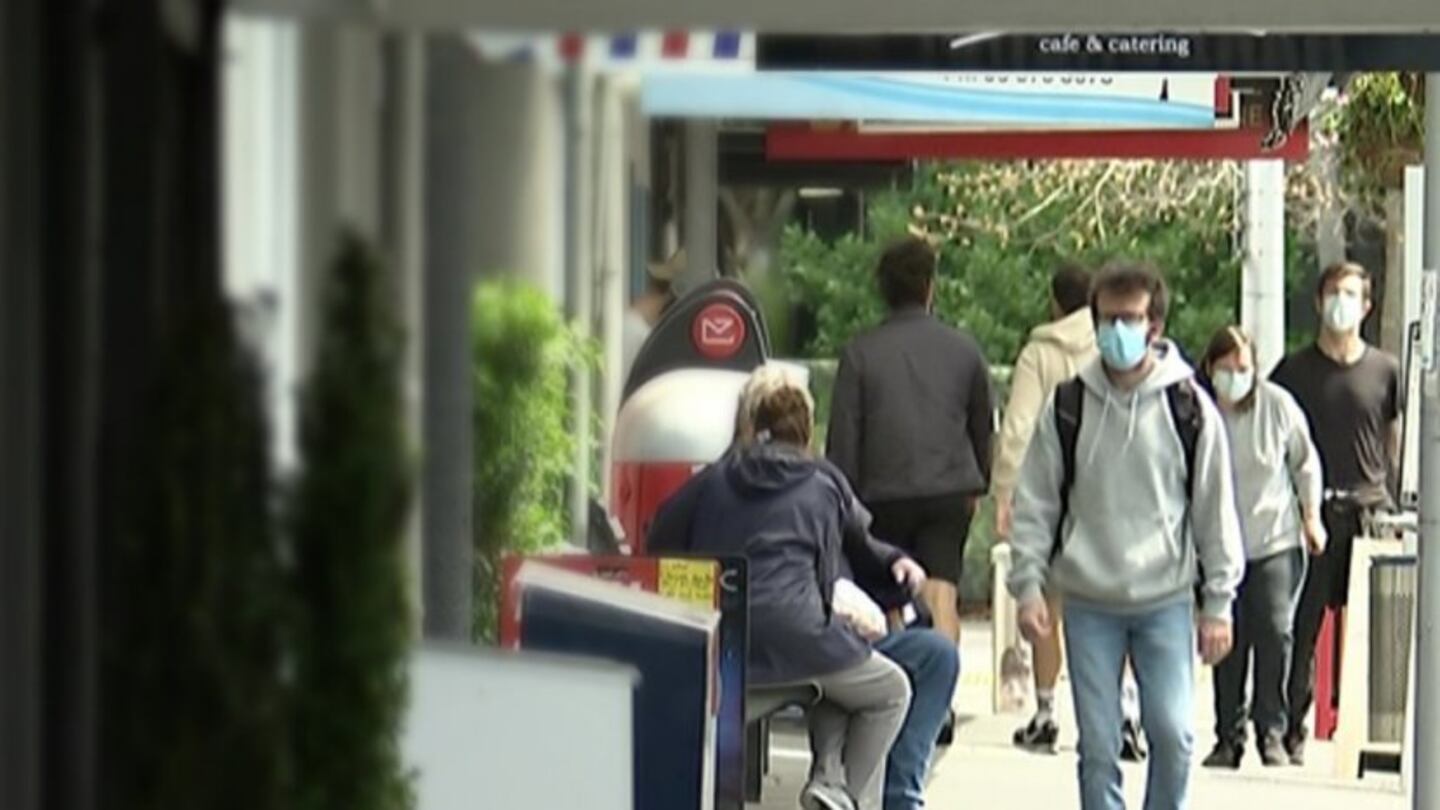Te Whānau o Waipareira says whānau will need support to look after themselves as case numbers rise, and Aotearoa moves to Omicron phase 2.
Under the new phase, more responsibility has been put on the public to stamp out Covid.
Waipereira chief operating officer Awerangi Tamihere says that adds pressure on whānau who are already struggling. “You're asking them to make sure, not only do they have food on the table every day to survive but also make a whole lot of other decisions, other than just surviving from day to day.”
In phase two, some of the responsibility for contacting close contacts of covid positive cases will be left to the infected individual. Another change sees the isolation period reduced for Covid-positive individuals to 10 days.
Te Whānau o Waipareira frontline operations director Irirangi Mako says one of the major concerns amongst whānau is who will be able to support them while in isolation.
'Too many of us at home'
“If they've received a positive result, it's likely that they've got quite a large pool of close contacts, who in other circumstances have been their own source of support. If they're all self-isolating, it does throw out the question, who can support?”
Tamihere says services have been overwhelmed by the demand in just a few days, with whānau ringing Waipareira’s dedicated call centre, asking "What do I do? Where do I get my food from? I'm supposed to self isolate, there are too many of us at home."
In Phase 2, rapid antigen testing (RATs) may be used more widely by people who need to be tested. Mako says organisations like Waipareira should be allowed to carry out those tests.
“We know we're the vulnerable parts of our community so whether or not we have enough, whānau Māori should be receiving those anyway,” she says.
Phase 2 will probably stay in effect for a while as case numbers surged past the 1000 milestone today, with Prime Minister Jacinda Ardern saying earlier this week it was likely to be in place while New Zealand was seeing up to 5000 cases a day.

